Inflation and rising energy prices devastate EU economies
Prices in the eurozone continued to march higher in May as the inflation rate hit a record high of 8.1%. This was the seventh consecutive month of record high inflation in the 19 countries that share the Euro.
The inflation rate in May was up from April's record high of 7.4% and higher than the projected 7.8%. This comes after inflation prints from several major European economies surprised to the upside in recent days.
Yes, well, this trend has been going on for months now and has exceeded even the most negative predictions of eurozone central banks and the European Central Bank.
Yannis Koutsomitis, European Affairs Analyst
German inflation came in at an annual 8.7% In May. It significantly outstripped analysts’ expectations of 8 percent and marked a sharp rise from the 7.8% seen in April.
Germany is planning to ease pressure on consumers through a series of policies including cheap monthly tickets for regional public transport between June and August and a discount for drivers at gas stations.
This is partly to blame on the energy crisis that is,.. that has been exaggerated about the ongoing war in Ukraine but also on matters that are beyond Europe's reach like the lockdown in China. And also other factors in European economies.
Yannis Koutsomitis, European Affairs Analyst
French inflation also surpassed expectations in May reaching a record 5.8%, up from 5.4% in April, France's economy contracted in the first quarter of the fiscal year under the impact of soaring inflation. The economy shrank by 0.2% from the previous quarter after last year's strong 6.8% recovery as the COVID 19 pandemic eased.
Spanish consumer prices also jumped by an annual 8.5% in May, exceeding expectations of 8.1%. inflation in the Eurozone is now four times more than the ECB target of 2%.
Multiple factors have contributed to the rising inflation rate in the euro zone. First and foremost is the rising energy price. Across the Eurozone the record annual consumer price increase was driven by soaring energy costs, which hit 39.2% which is up from 37.5% in April.
It was all calculated in the decision making process of the European leaders. I think most of the countries are now dealing with this extreme rise of gas and oil prices, especially oil, [which] is hitting the European consumers very hard. But the political pressure from, also from the Eastern European countries and from the US but also from big European countries, Is for, was for these oil embargo on Russia. And it was like a political, let's say bet.
Yannis Koutsomitis, European Affairs Analyst
The European Union leaders have struck a deal to ban the majority of Russian oil imports in response to Moscow's military operation in Ukraine. The agreement covers more than two thirds of oil imports from Russia. The measure is expected to further push up energy prices, and then there are disruptions in the global supply chains.
The world economy is still reeling from COVID related bottlenecks and the war in Ukraine has caused serious disruptions to global trade. Finally, COVID lockdowns in China have put further strain on the global economy.
So, right now central banks are in, somehow, deadlock situation because there are no easy way out of this inflationary trend. There is also the risk of creating a recession if the rise in rates and the contraction of the expansion of the economy is very abrupt.
Yannis Koutsomitis, European Affairs Analyst
ECB president Christine Lagarde and chief economist Philip Lane in a bid to contain inflation have already announced certain measures but economists doubt they will be enough. Earlier this month, European Central Bank President Lagarde said she was anticipating a rate rise at the central bank's meeting in July, a move which could cause another recession in the eurozone.
US fighter aircraft shot down ‘in friendly fire’ amid aggression on Yemen
Yemeni FM: Israel’s sponsors accountable for ongoing aggression on Sana’a
Eight Palestinians killed as Israel attacks Gaza school, hospitals
VIDEO | Rome, Milan host new protests in solidarity with Palestinians
Dec. 21: ‘Axis of Resistance’ operations against Israeli occupation
Spain jurists demand ties with Israel ties be cut
VIDEO | Press TV's news headlines
VIDEO | Iran honors top Science Olympiad medalists


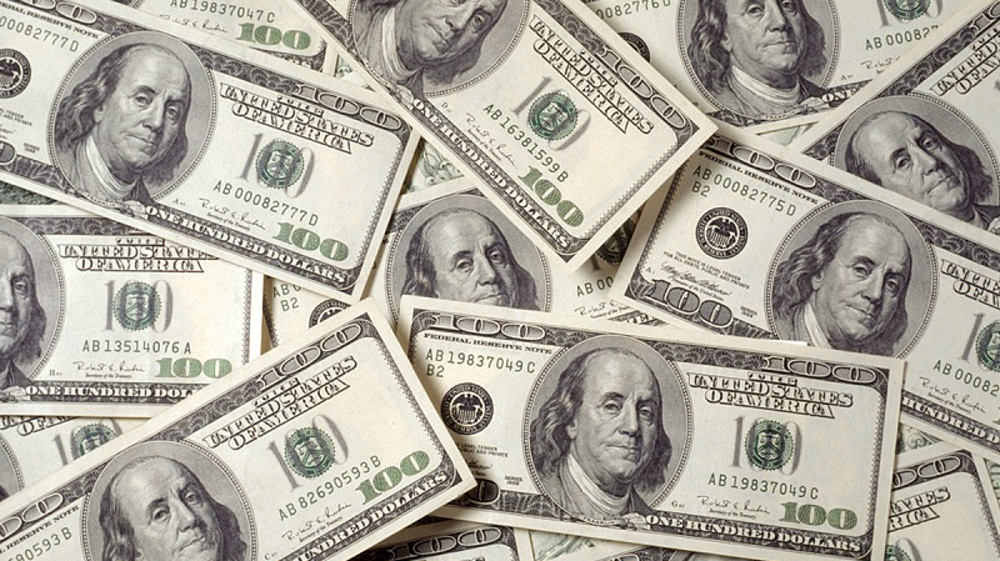
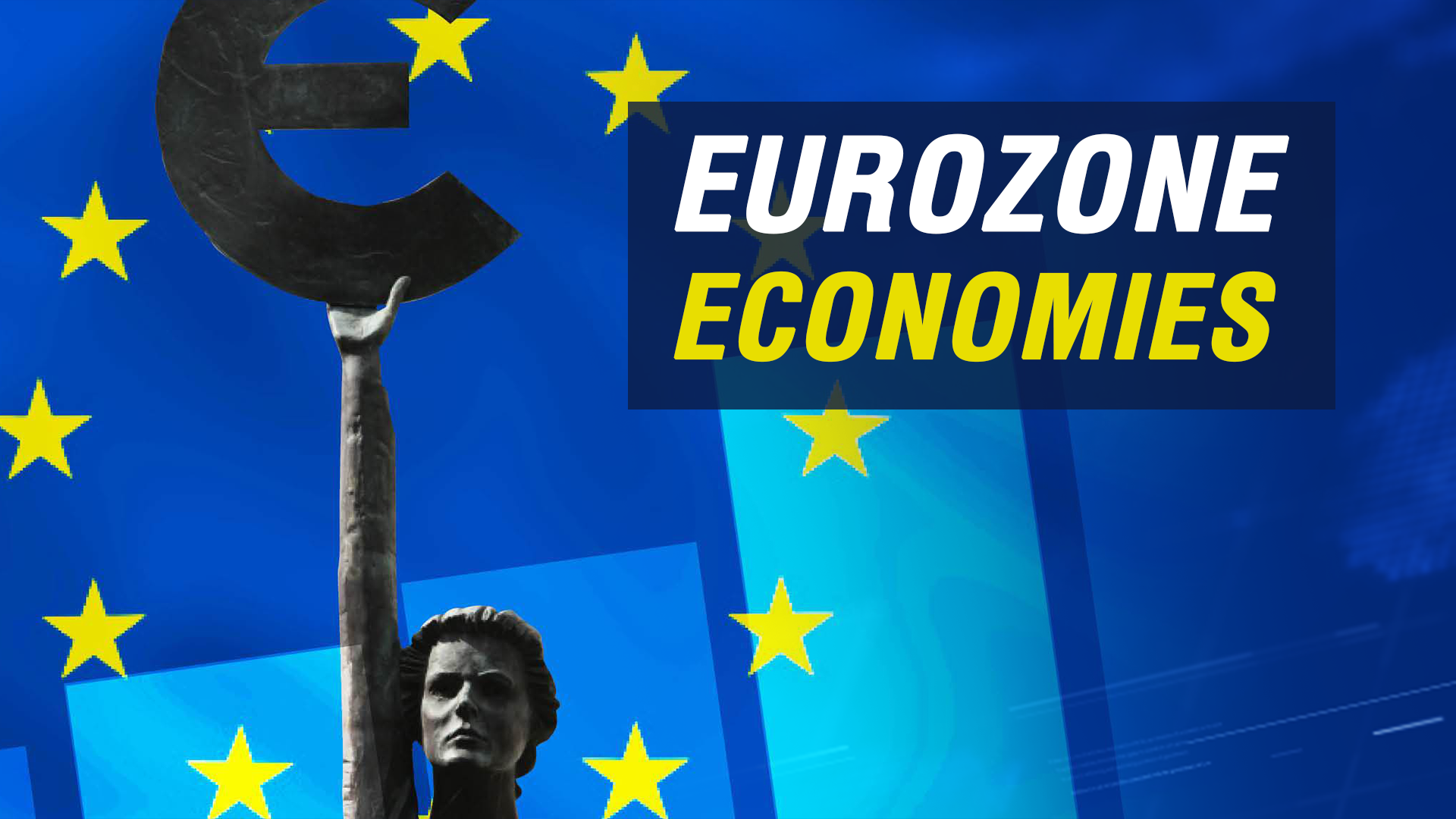
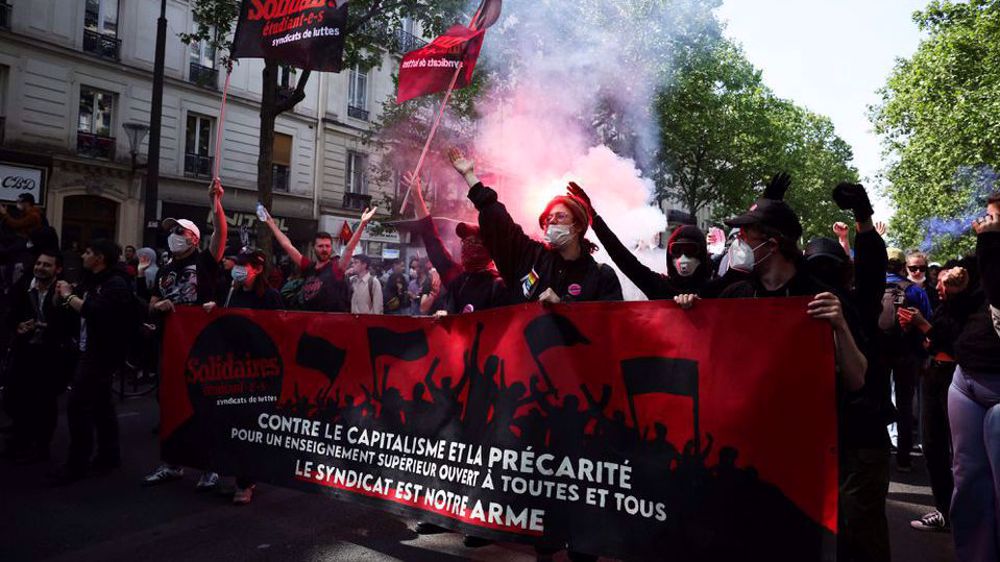

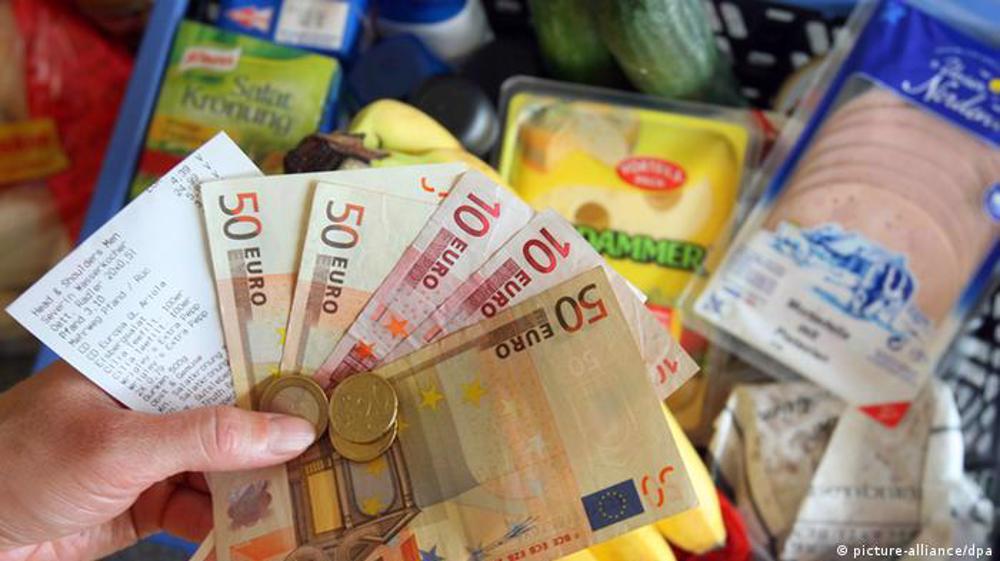
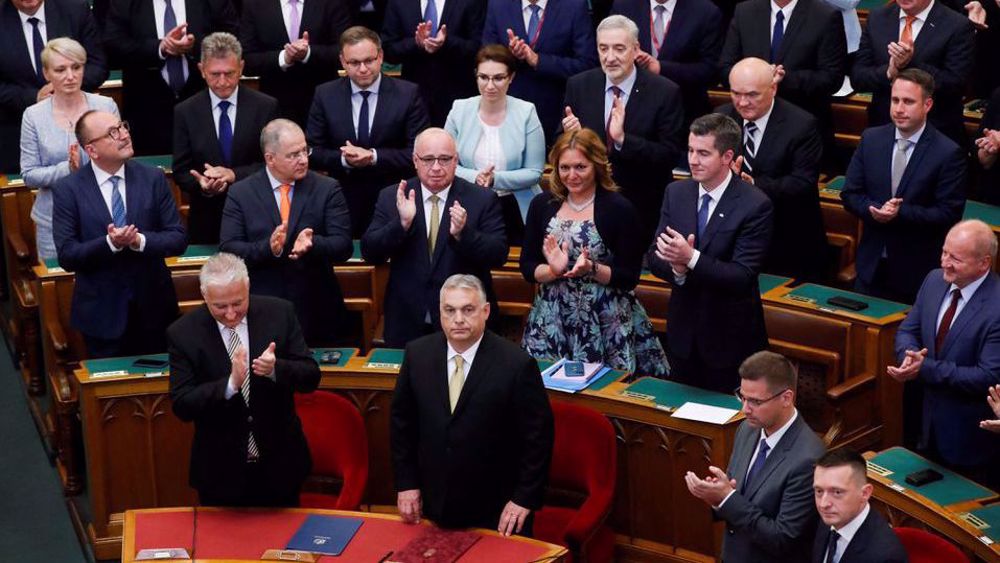
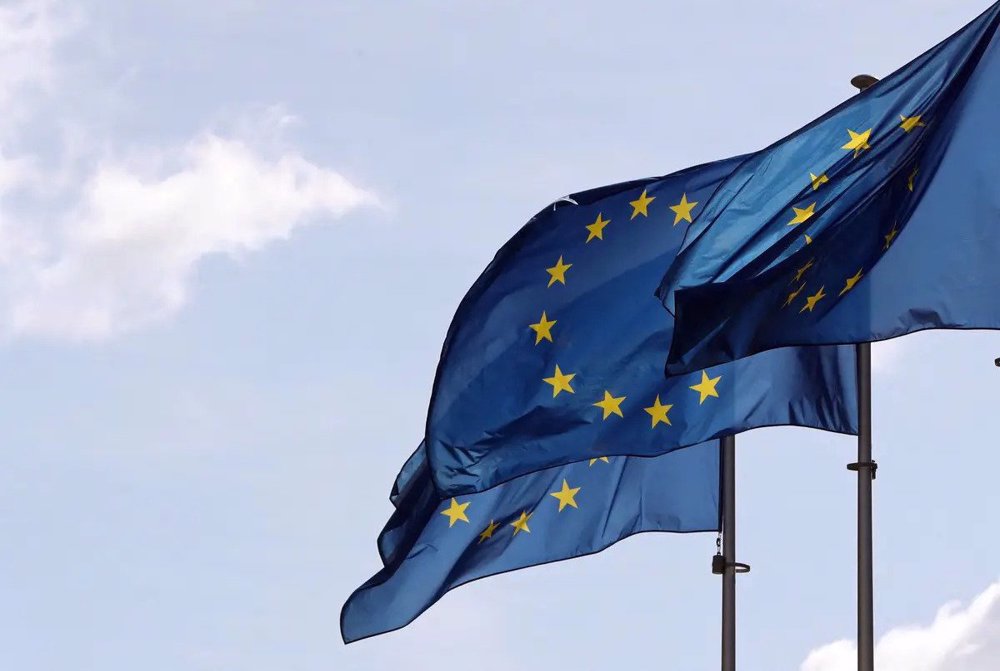

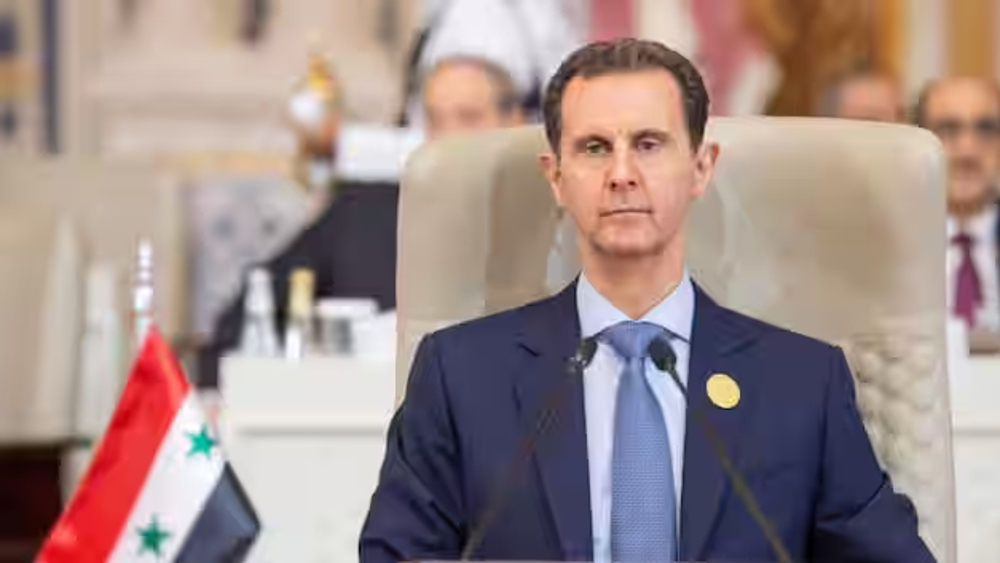





 This makes it easy to access the Press TV website
This makes it easy to access the Press TV website